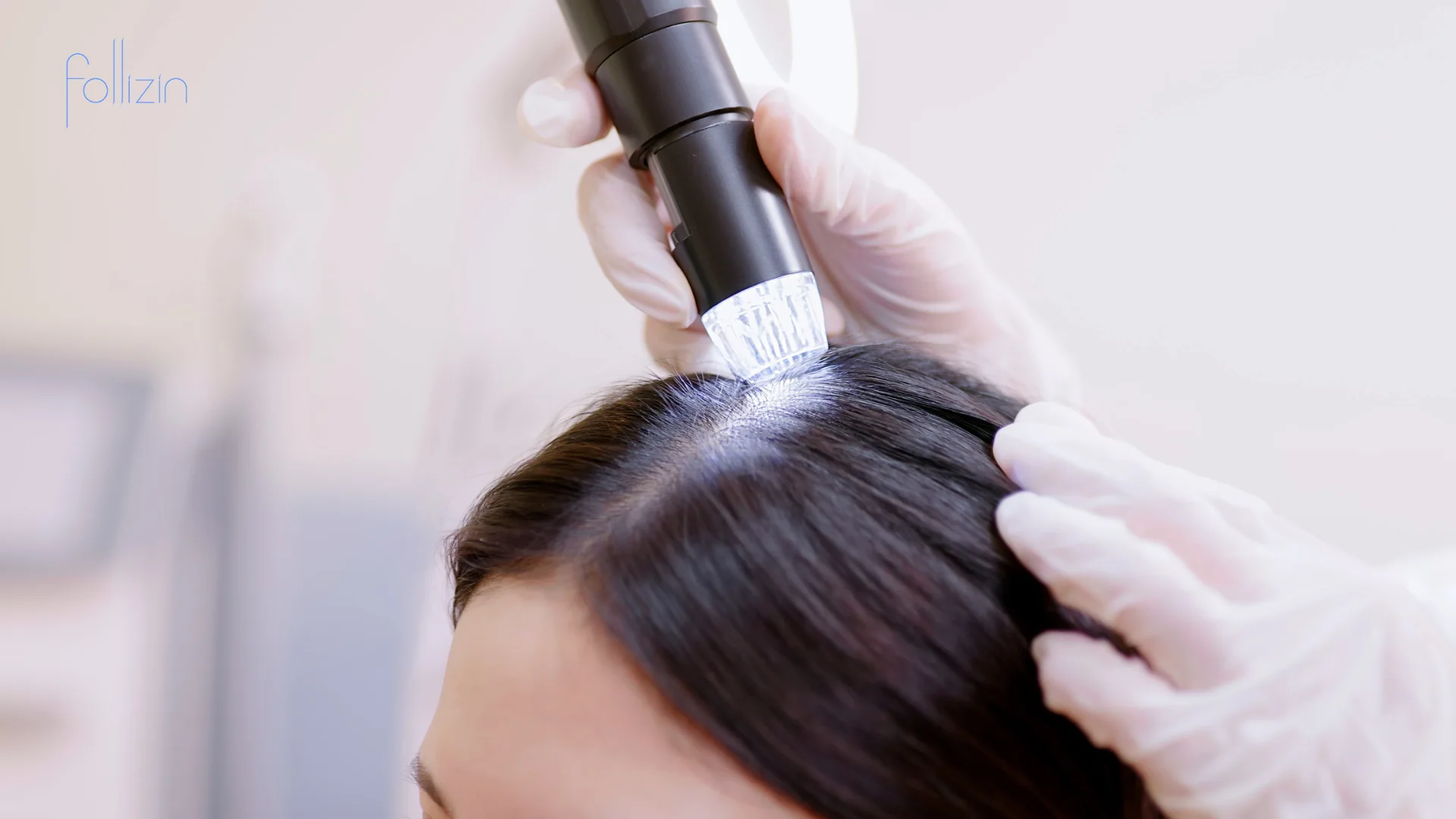Scalp fungus, or Tinea Capitis, is a fungal infection that affects the scalp and hair. It’s primarily caused by Dermatophytes, a type of fungus that thrives on keratin found in hair, skin, and nails. This infection spreads easily through direct contact, shared items like hats or combs, or even from infected pets.
Causes of Scalp Fungus
- Person-to-Person Transmission: Common among children.
- Animal-to-Person Contact: Infected pets like dogs or cats can spread the fungus.
- Sharing Personal Items: Hats, towels, or combs used by an infected person.
- Humid Environments: Warm, moist conditions promote fungal growth.
- Weakened Immune System: Individuals with low immunity are more prone to infection.
Symptoms of Scalp Fungus
Symptoms of scalp fungus vary from person to person. Some may experience mild symptoms, while others may have more severe reactions. Common symptoms include:
- Itching: Persistent and sometimes severe itching.
- Dandruff: Excessive flaking with thick, white, yellow, or gray scales.
- Hair Loss: Patchy hair loss or brittle hair breaking easily.
- Red Bumps or Pustules: Inflammation or pus-filled bumps on the scalp.
- Dry, Flaky Scalp: Large flakes resembling dandruff but more pronounced.
Treatment for Scalp Fungus
- Antifungal Creams: Used for mild cases; apply as directed by a doctor.
- Oral Antifungal Medications: Prescribed for severe infections or when creams aren’t effective. Follow the doctor’s instructions carefully.
- Medicated Shampoos: Shampoos containing Ketoconazole or Selenium Sulfide can complement other treatments.
Additional Tips
- Avoid sharing personal items like hats, combs, or towels.
- Maintain scalp hygiene by washing your hair regularly.
- Refrain from scratching, as it can worsen the infection.
- Consult a doctor if symptoms persist or worsen.
For a healthier scalp and hair, consider using products like Follizin, which support scalp health and promote strong, beautiful hair.

